Activate Learning Education Trust (ALET) are wrapping up the academic year with a series of high-energy Challenge Days, one of which was at UTC Swindon. With industry mentors from LMG, CNet Training, CBRE, and ARK Data Centres (all part of the Digital Futures Programme) alongside prospective partners Power Harvest and T.E. Connectivity, students in Years 10 and 12 were given a unique opportunity to step into the shoes of industry professionals.
Challenge Days at UTCs like the one in Swindon are all about bridging the gap between education and employment. Students work in mixed groups to tackle real-world projects that mirror the kind of challenges they could face in industry – and this one was no exception.
“Another Challenge Day and another chance to admire the enthusiasm, energy and commitment of students, this time with UTC Swindon. Ark’s partnership with the Digital Futures Programme is in recognition of what is needed to encourage an engineering generation of the future, so critical to the data centre sector. But it doesn’t stop there and we take immense pride in giving something back, both as a company and on a individual basis.” – Allan Bosley, Ark Data Centres
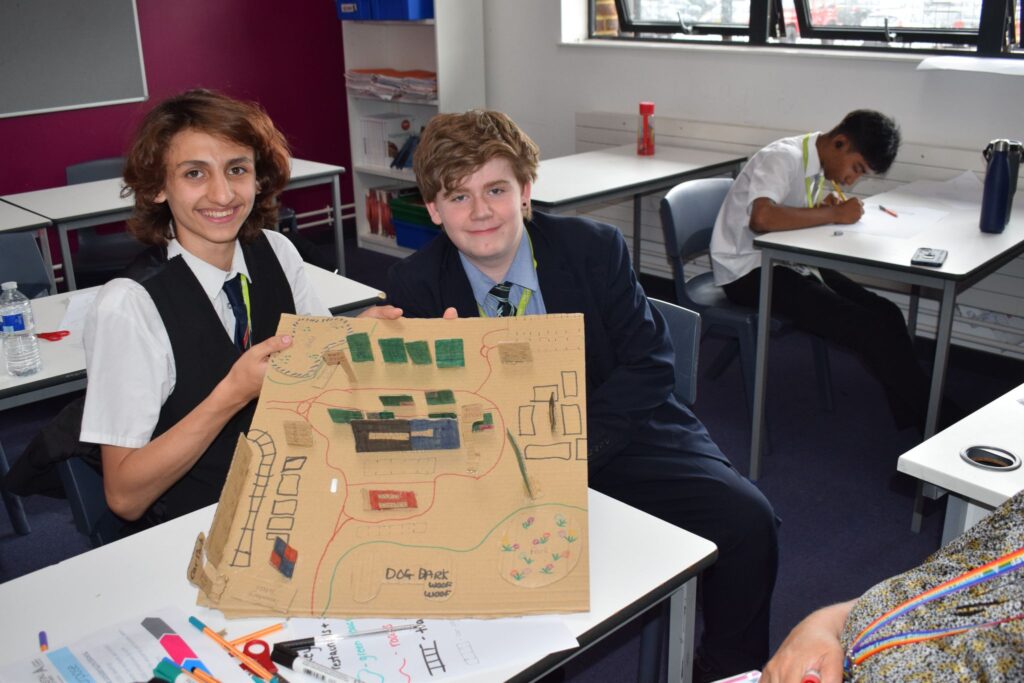
The challenge: from coal power to smart city
The brief? To redevelop the recently decommissioned Ratcliffe-on-Soar power station into a self-sufficient, smart city that includes housing, office space, retail, leisure, and a dedicated data centre.
Across three themed challenges – repurposing the site, designing a safe and connected smart city, and ensuring sustainable, self-sufficient energy – students were guided by employer mentors who shared their industry knowledge, career journeys, and practical advice throughout the day.
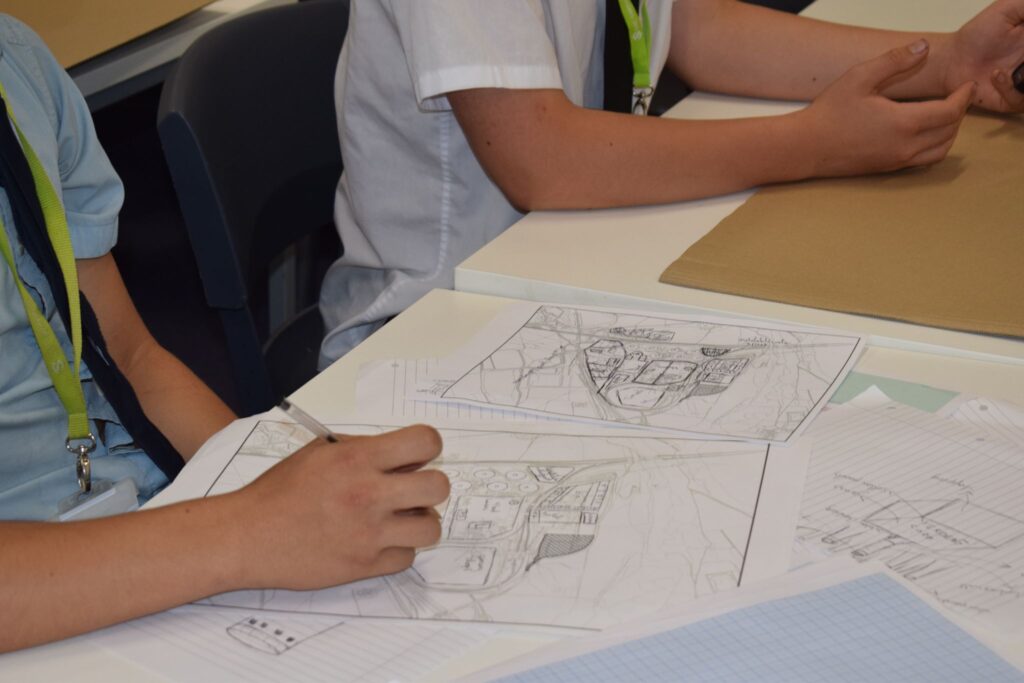
Over 200 students participated across multiple classrooms, with each group supported by employers who offered guidance on project feasibility, team collaboration, communication, and innovation.
At the end of the day, each team presented their ideas to their mentors, who judged the solutions based on creativity, practicality, costings, design and presentation – and awarded certificates and prizes to their winning team.
“It was really encouraging to see the students working together to tackle complex questions around financing, security, planning, and sustainability. At Phi, we’re committed to nurturing emerging British talent and supporting the next generation as they prepare to lead our industry forward. The Digital Futures Programme gives them a chance to apply their skills in real-world scenarios, which is exactly what our sector needs more of. We see real potential in initiatives like the DFP and are actively exploring further ways to get involved.” – Sydney Bennett-Miller, Power Harvest Infrastructure
How to get involved
For employers, Challenge Days offer far more than just a feel-good opportunity to give back. They’re a chance to:
- Support diversity and inclusion – be part of a programme that’s widening access and awareness of your sector among young people from a variety of backgrounds.
- Connect directly with future talent – engage with over 1,000 enthusiastic, work-ready students who are eager to learn about careers in data centres and beyond. ALET have had great success with the Digital Futures Programme so far, with three students from this year’s cohort (so far) starting apprenticeships at firms like Vertiv and LMG.
- Collaborate with others in the industry – from DFP members to new partners, these events foster meaningful connections between companies across the data centre ecosystem. It’s a chance come together to discuss challenges in the industry while helping inspire a new wave of data centre talent.
UTC Swindon and the Digital Futures Programme are creating a genuine pipeline of early careers talent for data centre employers, by equipping students with the skills, confidence, and industry knowledge they need to succeed – and they can’t do it without their partners.
If you’re interested in getting involved in future Challenge Days or learning more about how your company can benefit from becoming a Digital Futures Programme partner, the team would love to hear from you.
26 responses to “Shaping Future Talent at UTC Swindon”
-
Cappadocia pottery Class Amelia S. ★★★★★ Private van tour saved us! Customized itinerary for grandma’s mobility issues. Accessible paths at Love Valley were a blessing. https://avchats.com/read-blog/1179
-
Психолог психолог онлайн консультация россия поддержит вас в любой момент.
Начните путь к себе! -
Драмы на сайте такие жизненные, трогают до глубины души.
-
siteniz harika ben daha önce böyle güzel bir site görmedim makaleler çok açıklayıcı ve bilgilendirici çok site gezdim ve en sonunda sizin sitenizde buldum
-
siteniz çok güzel devasa bilgilendirme var aradığım herşey burada mevcut çok teşekkür ederim





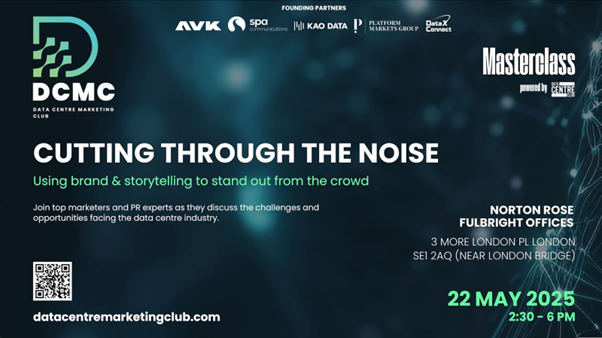
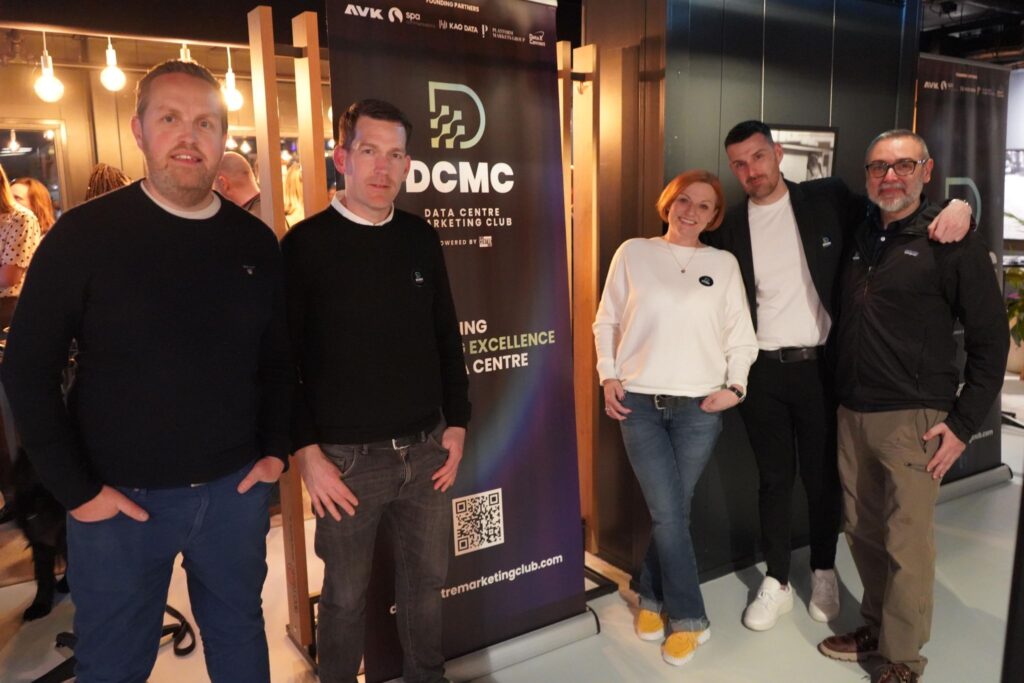








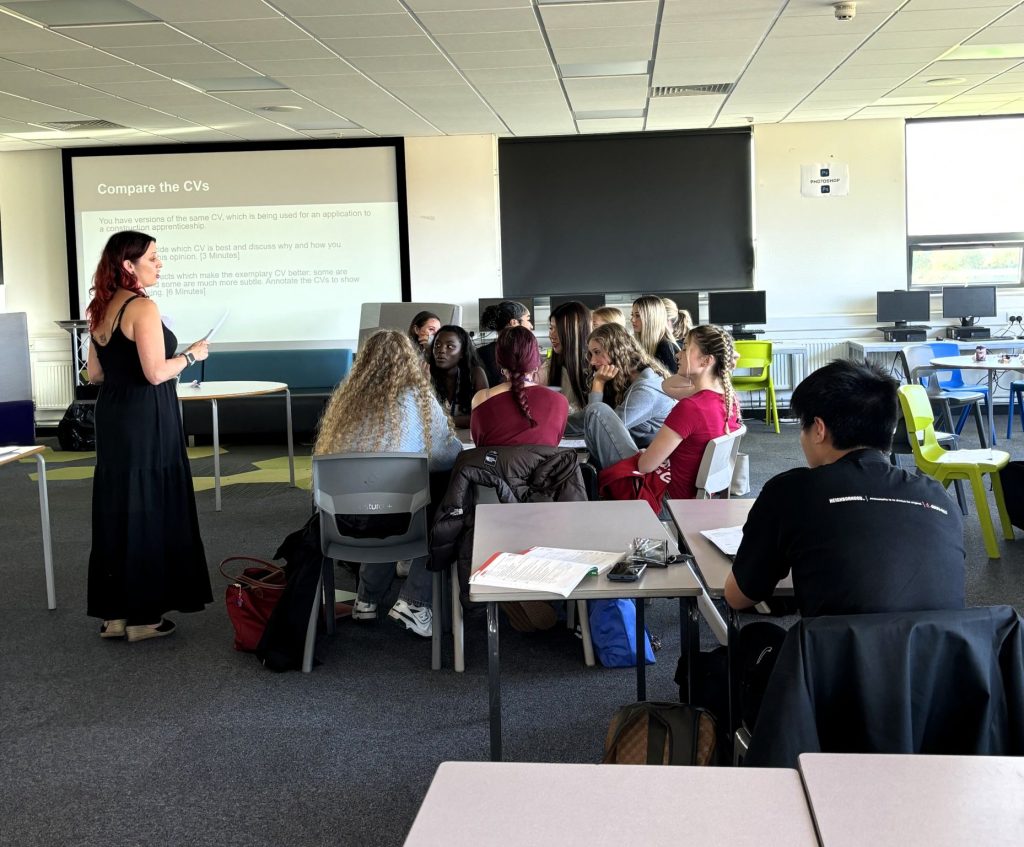
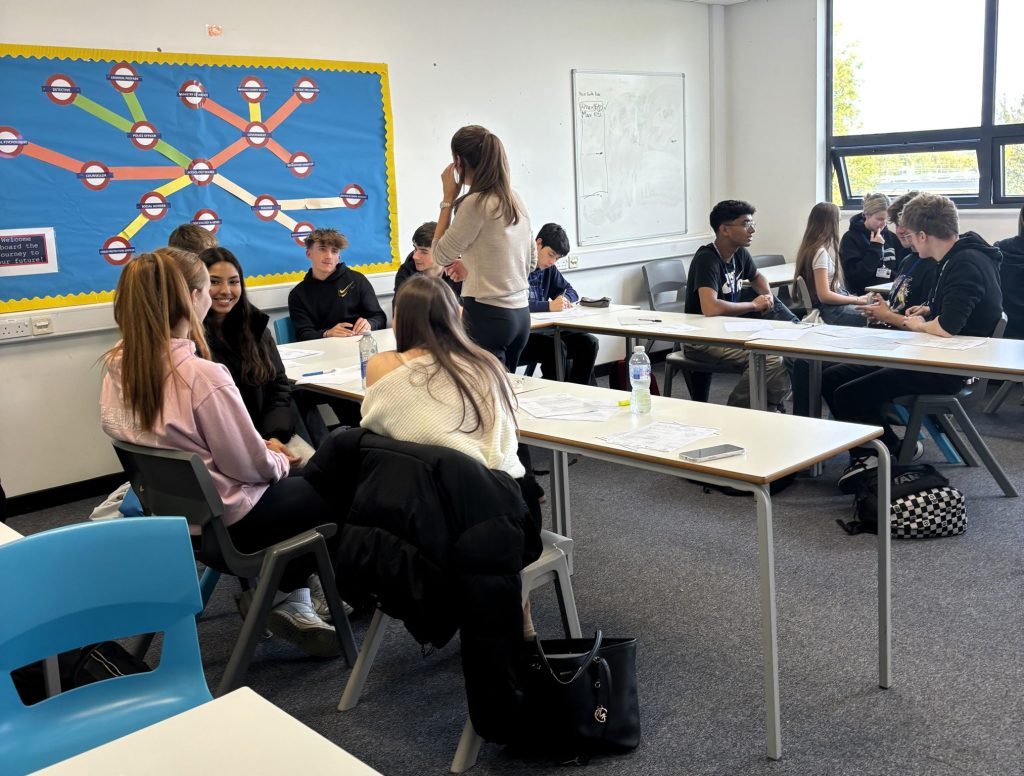

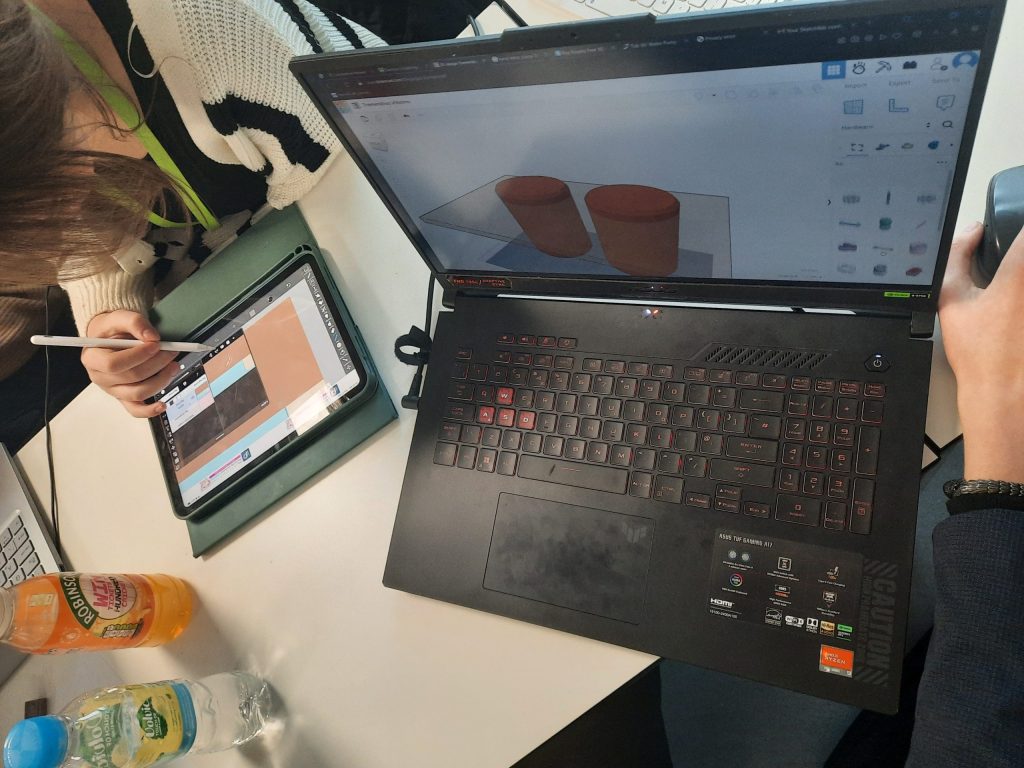
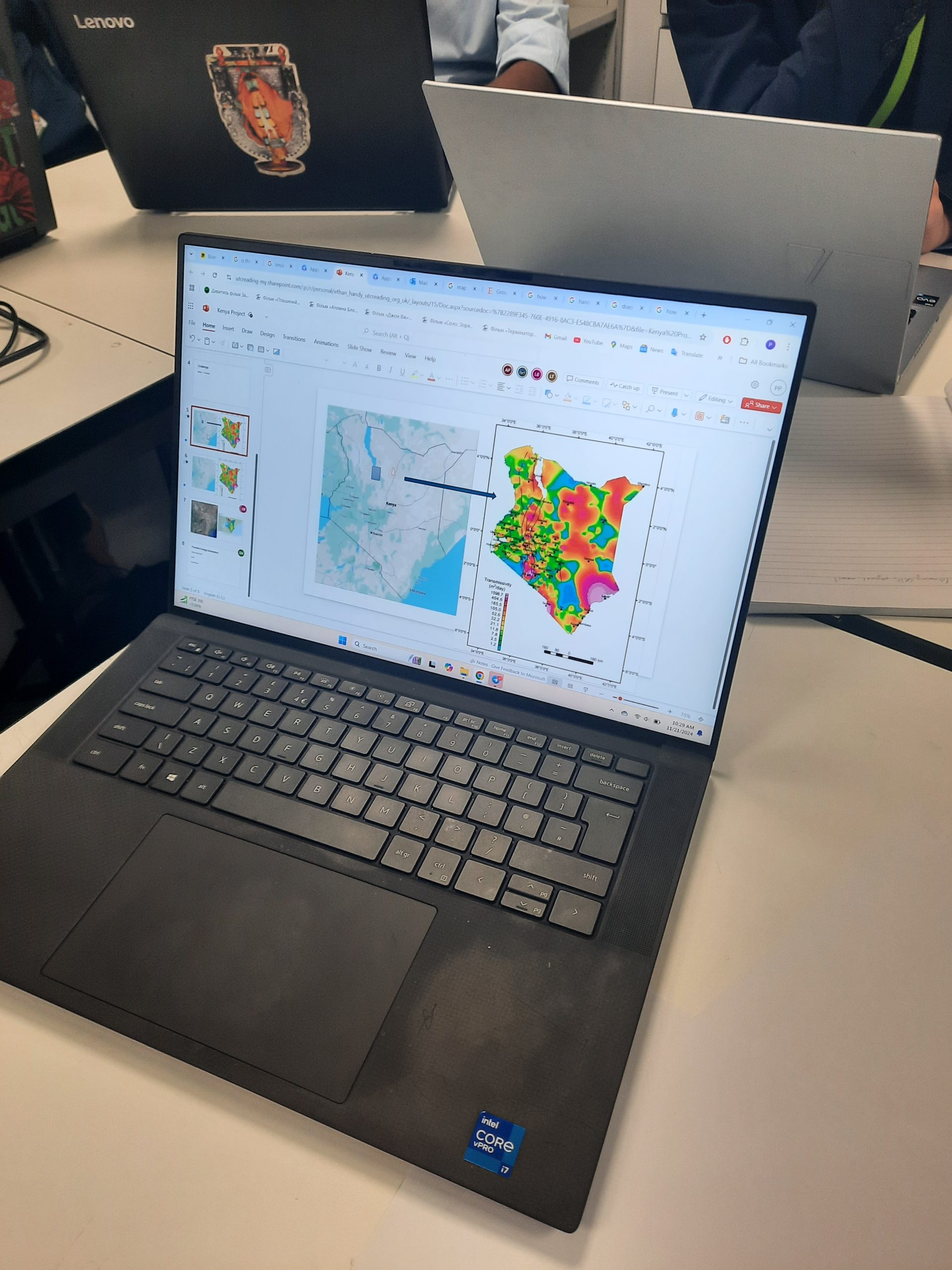

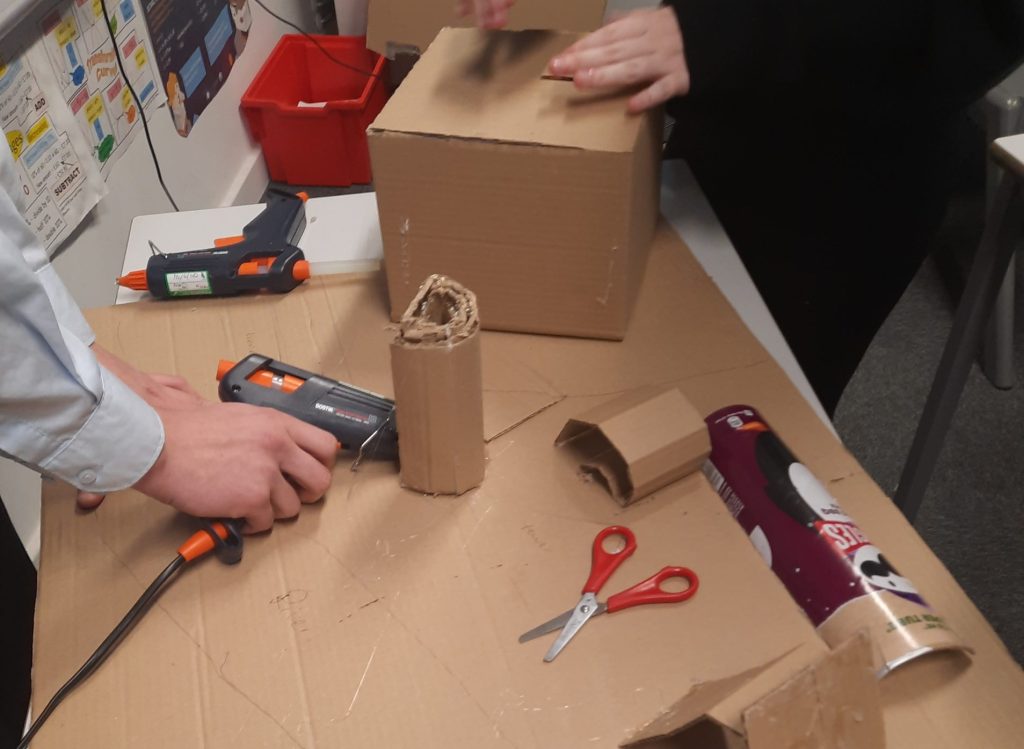
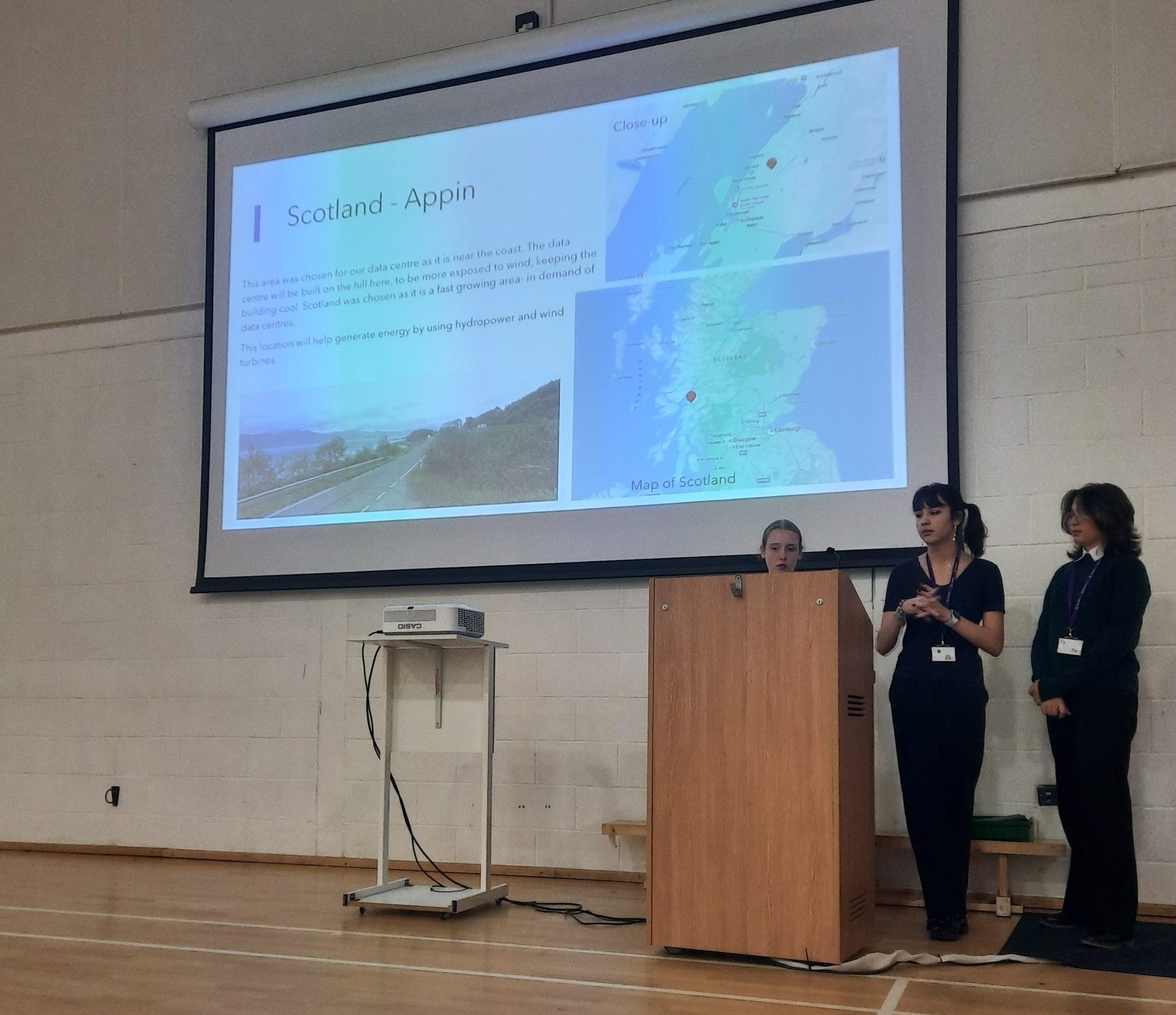

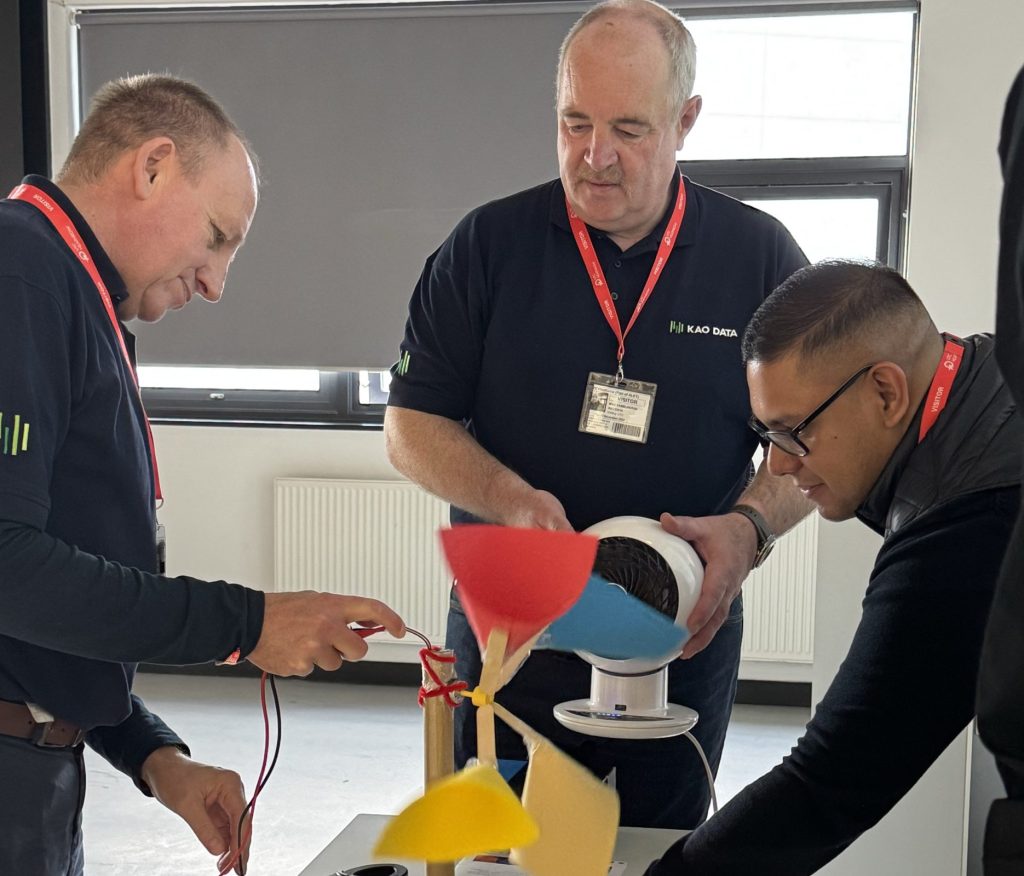
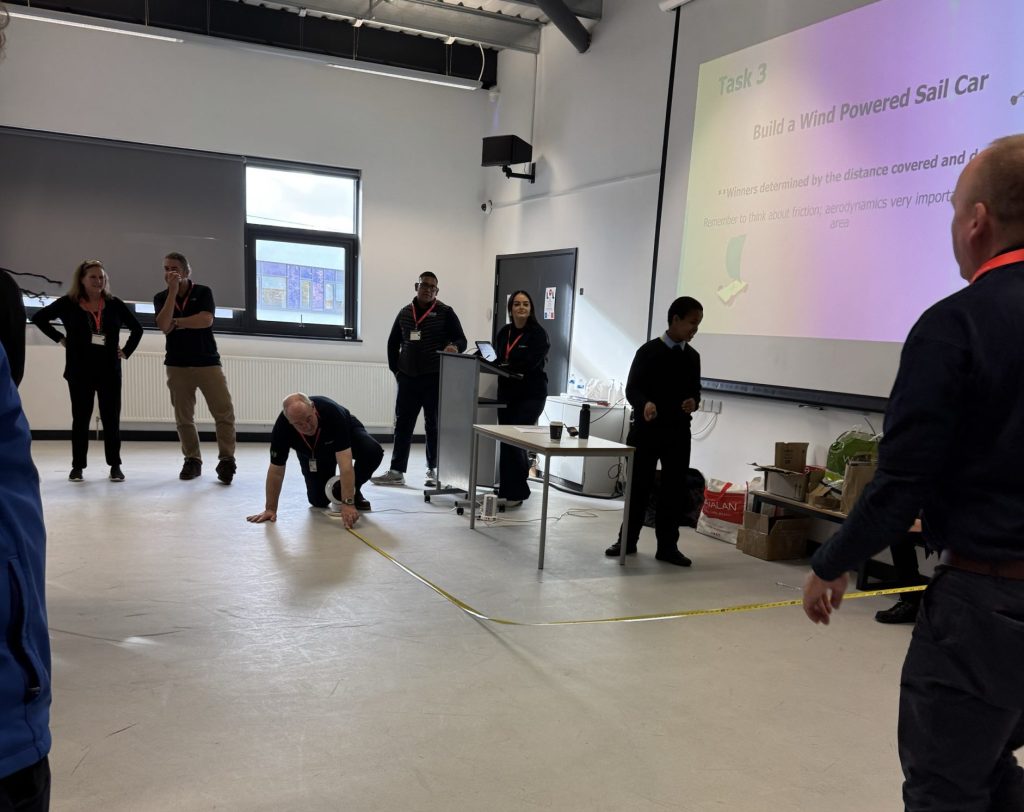

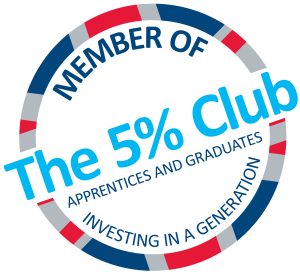



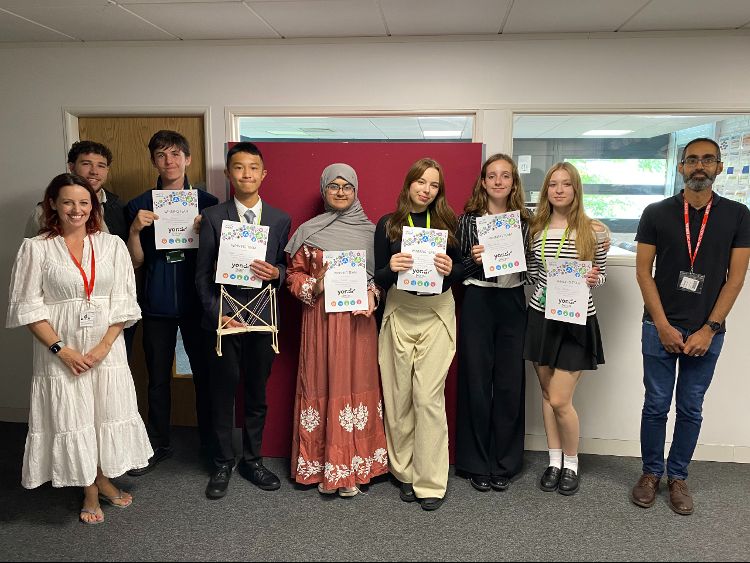
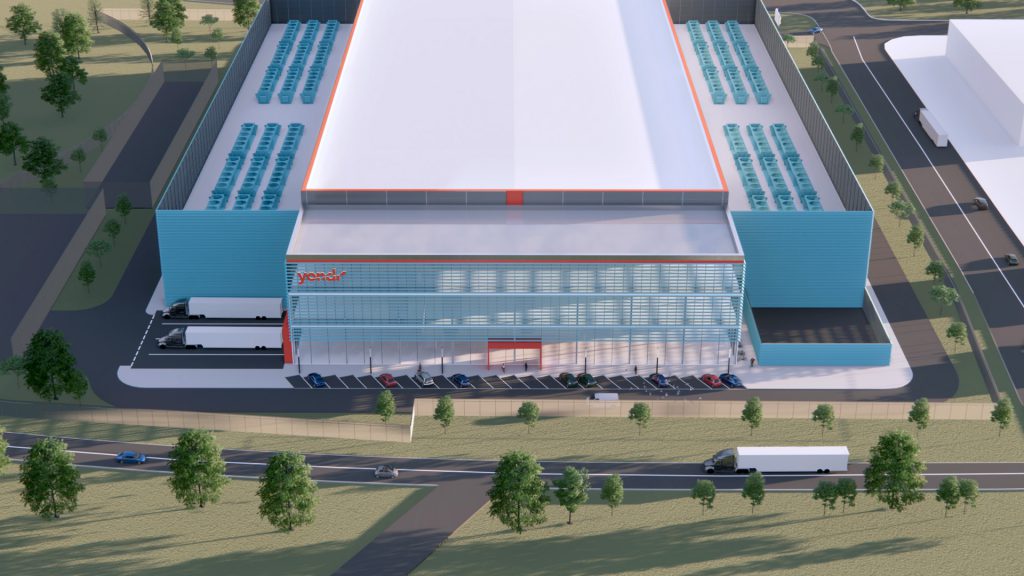
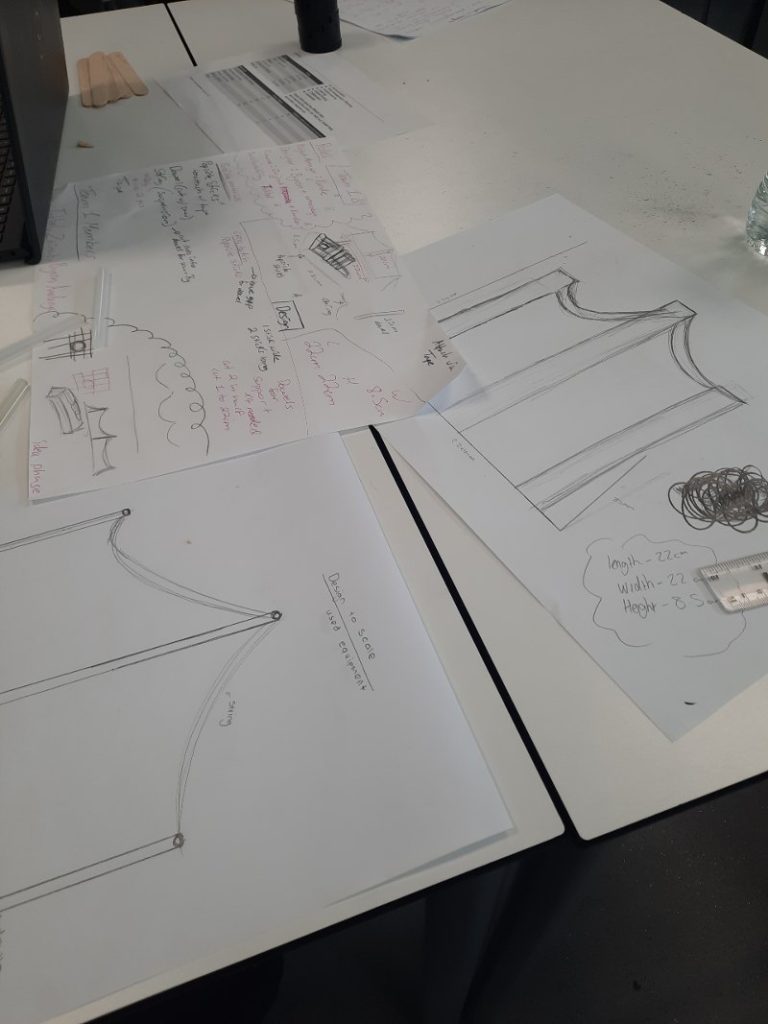
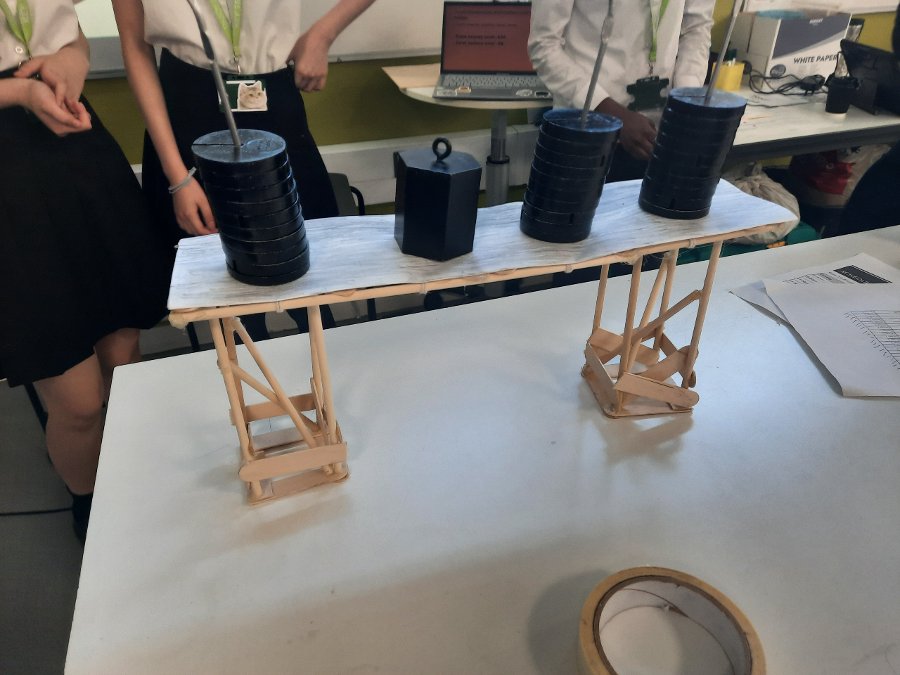
Leave a Reply